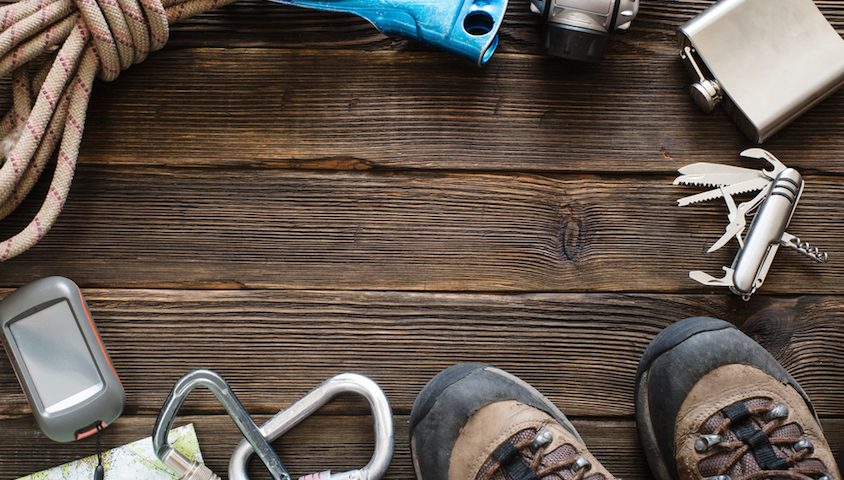Senior director of Global Sportswear at Patagonia, Helena Barbour believes buying ethically and sustainably produced outdoor apparel is a challenge for today’s consumers.
On a recent visit to Australia, Barbour was candid on her thoughts regarding problems within the clothing supply chain, but was firm in her belief that positive change is in the hands of the customer.
“Most people want to do the right thing. We want to support the things we believe in, whether it’s brands, leaders of institutions. People are looking for that,” Barbour said.
In an age of fast fashion, the Rana Plaza disaster and social media, more people are becoming aware of how their clothes are fabricated and delivered – but that doesn’t mean it’s easy to sort the facts from fiction.
“I think there is a cynicism or fatigue out there. There’s so much greenwashing and talk is cheap. I think we have to ask questions. Don’t just take on face value what people say.
“At Patagonia, we have a resource called the Footprint Chronicles that delves into every step along the supply chain. Not all brands offer these things, so consumers need to commit to some level of research to ensure they’re buying brands that are doing the best they can by their workers and by the environment.”
While many people are used to querying the attendant of their local outdoor retailer, this won’t necessarily yield the best information either.
“The real issue is the lack of transparency and you can’t really find the facts by visiting a retail outlet,” said Barbour. “As customers, it’s perhaps easier to trust brands we believe in. but I firmly believe the research is worthwhile.”
Wild columnist Dan Slater produces regular updates on sustainability and ethics in the supply chain, but the most ideal situation would be a complete, independent resource for comparing brands’ practices.
Just such a resource was created by Friends of the Earth’s Cam Walker some seven years ago, but the resulting website, ‘Green Outdoor Gear’ now lies dormant.
“The idea was to provide a central place where consumers could easily identify which companies were reducing their environmental impacts and providing good working conditions for the people who made their products,” Walker said. “It was clear there was strong interest in the outdoor community for this information, so I assessed companies against a range of sustainability indicators and gave them an overall rating.”
At the time, Walker noted how many Australian brands were lagging behind in their practices, particularly when compared against many US brands, “but I also saw many companies start to adopt a more systematic approach to improving their environmental standards and working conditions during the years the website was active” he noted.
Eventually, maintaining the website became too great a burden for Walker (who also hosts the Backcountry Film Festival), but he says it still generates a large number of enquiries.
A lot has happened in seven years since Walker started his Green Outdoor Gear, yet international companies like Patagonia continue to lead the way in building responsible business credentials.
Most recently, Gear Junkie has lauded the efforts of German-based outdoor apparel manufacturer and retailer, Jack Wolfskin for the work it has committed, hailing it a ‘quiet leader’.
‘Modesty aside, Jack Wolfskin has quietly risen as an influential proponent of sustainability. With a large R&D staff, thousands of catalog products, hundreds of stores, and intimate knowledge of its product supply chain, the company’s size allows it to catalyze significant change in the industry,’ the article reads, before going on to cite a long list of initiatives and innovations.
Articles like this provide some insight for the public, but a more concerted, holistic resource is required – an idea that Barbour wholly supports.
“It’d be wonderful is there was a broader business platform that emerged to not only promote sustainability, but to take action,” she said.
For now, the burden of choice continues to rest with the consumer.


